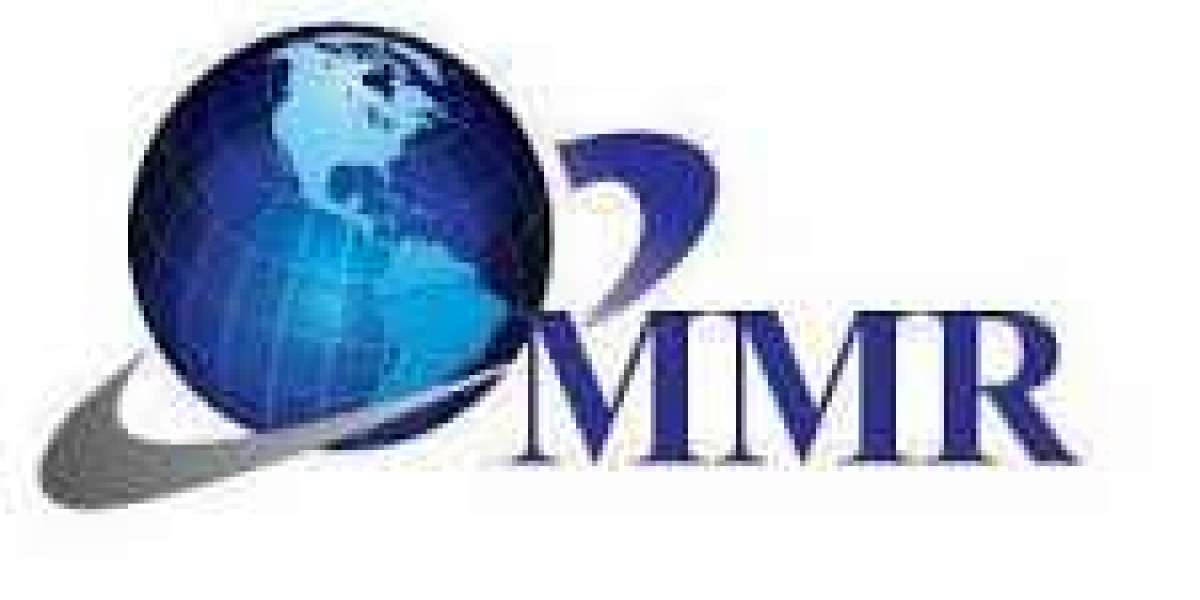In the era of globalization, modern Supply Chains Planning (SCP) software have evolved into intricate and unpredictable networks. Organizations are actively seeking sustainable strategies to effectively manage their supply chains, making them more agile, resilient, and responsive to unforeseen challenges, such as the COVID-19 pandemic and climate-related disruptions. To achieve this, supply chain planning software must possess the capability to efficiently forecast and adapt to disruptions, allowing organizations to plan and respond simultaneously while ensuring flexibility in other supply chain activities. By effectively leveraging supply chain planning software, organizations can enhance collaboration across their enterprise, swiftly adjust to market shifts, and realize benefits like cost reduction and improved efficiency.
Additionally, such software facilitates end-to-end visibility throughout the supply chain, extending beyond traditional wholesaler and retailer networks to directly capture demand signals from customers. It is essential to integrate traditionally isolated supply chain planning with sales and operations planning and financial planning to synchronize short-term operational decisions with broader business strategies, enabling real-time adjustments to inventory forecasts and supply management.
Quadrant Knowledge Solutions defines Supply Chain Planning (SCP) as software that balances the dynamic interplay of demand and supply across goods, services, and information within the extended supply chain. SCP software streamlines operations, enhances efficiency, minimizes delays, reduces operating costs, and boosts revenues by managing real-time demand fluctuations, exploring various "what-if" scenarios, and accommodating constraints within the entire process.
Machine Learning plays a pivotal role in improving policies related to safety stock levels, forecasting, dynamic sourcing analysis, and predicting potential disruptions caused by natural disasters, such as tornadoes and their impact on suppliers and customers. Machine Learning also assists in model correction, identifying subtle market trends not readily apparent to users, and providing actionable insights. Another significant trend is the integration and centralization of data and networks, resulting in enhanced visibility across the extended supply chain.
This enterprise-wide visibility leverages advanced analytics and AI-driven tools to connect existing systems and diverse applications that cover various business processes, including order-to-cash and transportation. Centralized data offers a consolidated view of each process under a single platform, making updates and modifications seamless. The platform also supports Natural Language Processing (NLP) for data search, role-based data access, disaster recovery, and end-to-end data encryption.
This study aims to address the following key questions:
· What is the current competitive landscape in the Supply Chain Planning (SCP) software market for Business Users?
· What is the market share held by major vendors in this market?
· What are the key competitive dynamics in both global and regional markets for Supply Chain Planning (SCP) software for Business Users?
· Who are the leading vendors in both global and regional markets?
· Are there vendors specializing in specific industries?
· How do different vendors compare in terms of their offerings of cloud-based versus on-premise solutions?
· What competitive factors impact the market positioning of different vendors?
· What are the relative strengths and challenges of the vendors operating in this market?
· How do different vendors position themselves competitively across customer segments, ranging from SMBs to large enterprises?
The vendors covered in this study include Adexa, AIMMS, Anaplan, Arkieva, Blue Ridge, Blue Yonder, Coupa, E2Open, FuturMaster, GAINSystems, Infor, John Galt Solutions, Kinaxis, Logility, Manhattan Associates, o9 Solutions, OMP, Oracle, QAD DynaSys, RELEX, RiverLogic, SAP, Slimstock, and ToolsGroup.
Download the sample report of Supply Chain Planning (SCP) Software
Table of Contents:
Chapter 01: Research Summary
2022 Competition Outlook
Top Research Findings and Key Takeaways
Chapter 02: Market Overview
· Market Definition and Scope
· Revenue Types
· Geographical Regions
· Industry Verticals
Chapter 03: Market Share Analysis
· Market Share by Total Market
· Market Share by Deployment Type (Cloud, On-Premises)
· Market Share by Geographical Regions
· Market Share by Industry Verticals
· Market Share by Customer Types (SMB, Large Enterprise)
Chapter 04: Analyst Recommendations
Analyst Recommendations
Chapter 05: Appendix
Research Methodologies
About Us: Quadrant Knowledge Solutions is a global advisory and consulting firm focused on helping clients in achieving business transformation goals with Strategic Business, and Growth Advisory Services. At Quadrant Knowledge Solutions, our vision is to become an integral part of our client’s business as a strategic knowledge partner.
Phone: (+1) 978-605-1066
Contact: [email protected]








